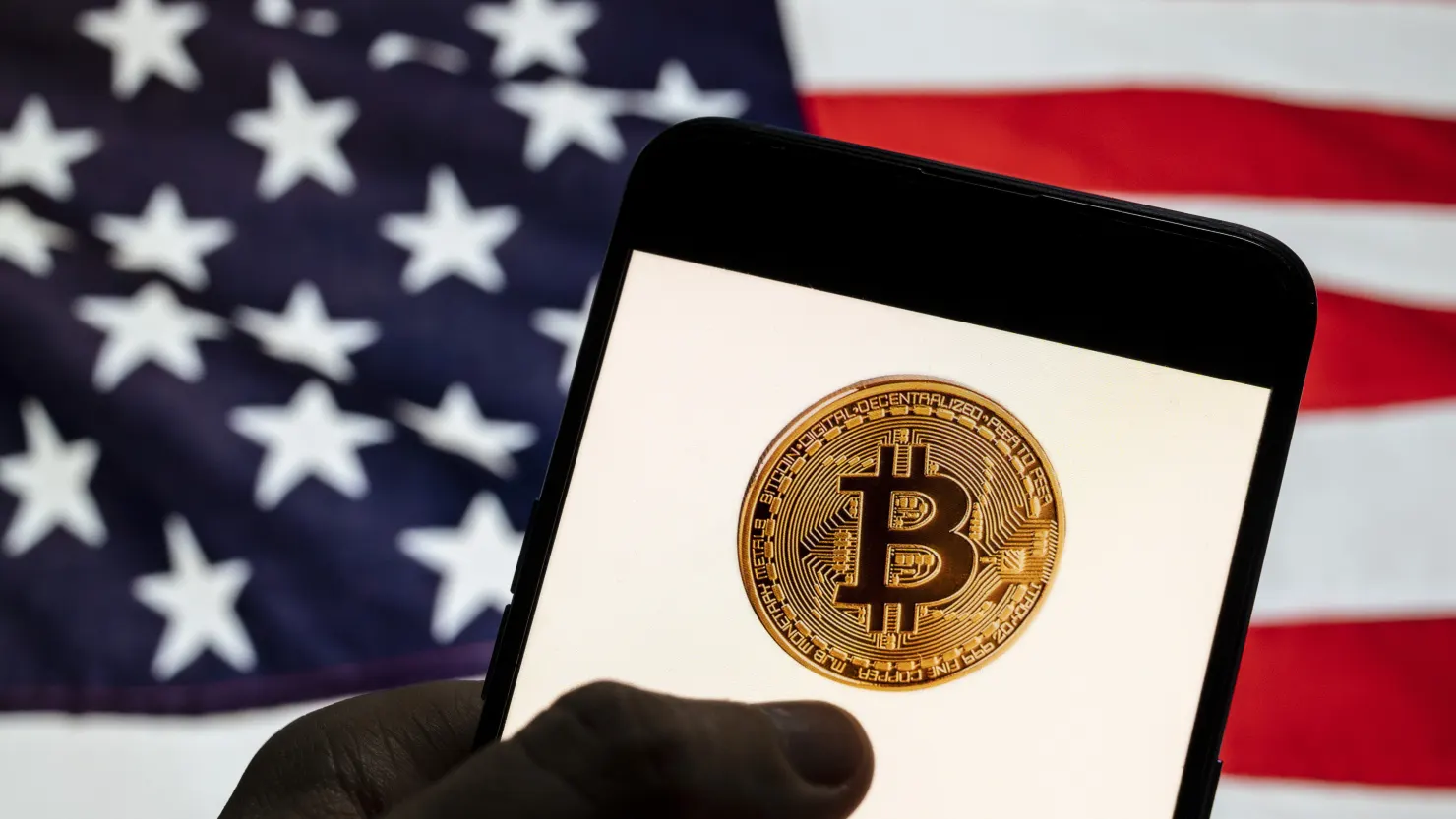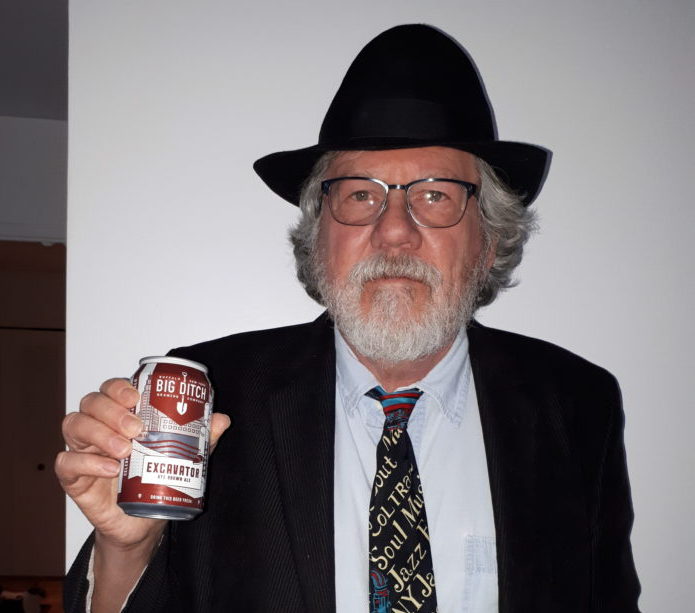
If you didn’t know it, October 17th of this past month was International Pronoun Day. This was when it became one’s duty to remind others not to “misgender” a person by applying a cisgender term like “he” or “she” to them/him/her/it. It used to be that the pronoun they could be used to avoid this. In fact, they became Word of the Year in 2015. But then we moved on.
I’m all for removing such loaded pronouns or prefixes since there is an obvious masculine bias in words like mankind, man-made, manhole, and man-y other similar terms. For example, German has three gender designations, one of them being neuter. The word das Mädchen (literally, the maiden) has a neuter article before it as a sexist designation that a girl is a non-entity as a virgin and until marriage, at which point she becomes die Frau with the “proper” feminine article preceding it. I understand where the LGBT community is coming from by raising gender awareness, but political correctness, in general, has become so complex that it has made everyone with a liberal bent into paranoid word vultures.
The word queer appeared in the late 19th century as a pejorative designation for someone who preferred a person (a word that also unfortunately has a masculine designation in French—son—in the last syllable) of the same sex. Yet queer and gay (also formerly pejorative) now seem to be in vogue, or are they? Who’s to know? Being cisgender (formerly known as being heterosexual) is seen almost as a mark of intolerance in this era of political correctness. History has become herstory for those in the know, and being Pangender is not to be a follower of the great god of fertility, Pan, but rather as someone who identifies with all sexes, yet if I were to say that Neal Cassady, Kerouac’s hero of On the Road was pan-sexual (as in “I’ll fuck anyone and anything that moves”) it would surely offend some people. In fact, when I went for my annual check-up to my GP and he told me he thought I had the start of what could be a hernia, I automatically corrected him and asked him if he didn’t mean a their-nia?
Political correctness is not only looked at in terms of gender, but in many other things as well. Take for example literature. As someone who taught in this discipline for 35 years, I had a hard time trying to be fair in my inclusion of a proportionate amount of male and female writers in my courses, even though I valiantly tried. If I taught Shakespeare, where was the female Elizabethan equivalent? It became easier teaching the Moderns since many of the Confessional poets were women who did their fair share of male bashing. Yet I still had to be careful when I discussed Plath’s line about “every woman adores a Fascist” to explain the irony to students who took everything literally and took offence at the slightest political indiscretion. Finally, I gave up. Fuck it. I would teach what I thought would be interesting and controversial. So, despite D.H. Lawrence’s “phallic traditionalism” (some asshole critic’s convoluted term), I still taught Lady Chatterley’s Lover, and when students asked me why Mellors calls his penis John Thomas, I told them it was because Lady C. calls her pudenda “Chatterbox”. One student actually ran a Word program to verify the accuracy of what I had said. Another grimmer individual reported me to the Academic Dean, while a third student asked me earnestly after class what “pudenda” meant.
Humor and wit are lost on the young.
I also taught Nabokov’s Lolita and made no apologies, gave no trigger warnings, nor did I provide a safe space for students to be coddled and protected. When I told them it was a great comic novel whose purpose was to upset the Aristotelian apple cart of a work of art having a moral and didactic purpose, I was quickly labeled as the Dirty Old Man of my Department! As well, on my syllabus was Charles Bukowski’s Tales of Ordinary Madness, which featured the story Rape! Rape! that reversed all expectations by presenting a potential male rapist as a victim and the act of sex as a power game. Call me a misogynist bastard, but I somehow believed and still believe that I did no injustice to my students by having them engage with complex and controversial ideas. For those needing therapy after my classes, I reminded them that therapist could be broken down into two succinct words: the rapist.
When I was job hunting after having finished my Ph.D., I was granted a preliminary phone interview with the University of Southern Illinois. This was before the days of computers and Skype. When I answered the phone at the designated hour, the Chair of the Department (a woman) seemed somewhat hesitant and reticent to proceed further, as did the two other members of the hiring committee sharing the conference call. I soon found out that it was because they had been unable to determine from my first name if I was a man or a woman upon reviewing my application, and, because this was at the peak of Affirmative Action where women and People of Color were given priority hiring at educational institutions to encourage gender and racial equality in the profession, men, albeit qualified, went to the bottom of the list. I played along for a while, asking them if my qualifications did not suit their hiring needs, and she blurted out that they were being “politically correct” by prioritizing a female candidate, and that they hoped I understood. Two weeks later, a form arrived in the mail from them with a note asking me to fill it out for “legal purposes”. On this form were questions like: “Are you an Aleutian Islander?” “Are you physically challenged in any way?” It then went on to list all variations: “one arm missing,” “more than two limbs missing”, “paraplegic,”” quadriplegic,” “vertically challenged” (which I took to mean “dwarf”), “visually challenged,” and so on. I filled out the form and put myself down as a Transgender-Aleutian Islander Little Person with FOUR limbs missing and a spastic colon.
Strangely, I was not offered the job and I never heard back from them.
Last month I finally finished a project I have been working on for six years— a novel that takes place primarily in Europe, the U.S., and Montreal. The protagonist is a white, educated male who is heterosexual (oops! cisgender…) and who recounts his politically incorrect experiences during a lifetime of suffering, debauchery, and travels. It is a tragi/comic work, replete with literary allusions and intertextual references. It will probably never be accepted by a Canadian publisher because of the above -mentioned restrictions in our politically correct times. The novel will be considered too Eurocentric; also, it takes on the issues of faith and religious longing and lampoons universities and much of our politically-correct-at-any cost liberal mindset. In addition, it is not written by a current immigrant from a war- torn country (the Hungary of 1956 no longer counts, apparently), nor is it written by a member of a minority, preferably an Indigenous Person, a Pangender Person of Color, or a refugee from a despotic Islamic state.
So, I will send it out, maybe fruitlessly, to the UK or to France, countries that are still willing to print books that are “edgy” with no “message” other than that of trying to depict the impossibility of capturing feelings that are timeless, beyond gender and race, but part of simply being confused humans searching for meaning not in ludicrous terminology but in life experiences.
Or maybe I will feed the manuscript into a fall bonfire of my own vanities and start all over again.





Echoes many of my own sentiments. I’ve reached a point where I feel the obsession with political correctness to the nth degree has become fodder for the angry and entitled. Thank you for this refreshing piece and for continuing to teach and inspire through your writing – very much looking forward to reading your book!
thanks for your kind words, Stephanie. Yes, the angry and the entitled. Shall we call them the PCP (the Politically Correct Police)? It’s good to vent spleen every now and then. Best wishes.